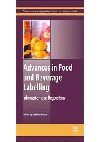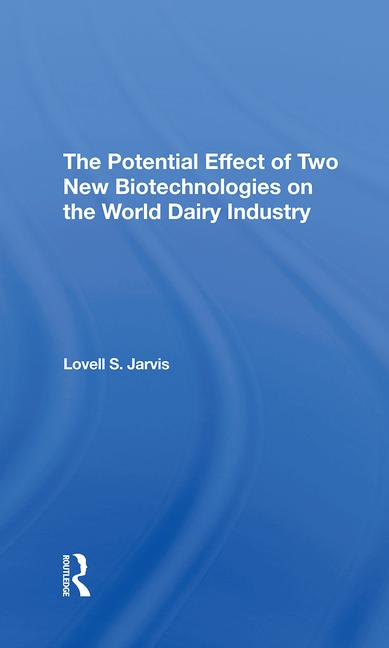IDFA: Geographical indications in new EU-Canada trade agreement violate international trade commitments
Limitations on the use of generic names ‘clearly violate’ Canadian intellectual property procedures, the association said.

The European Union-Canada Comprehensive Economic and Trade Agreement (CETA) was provisionally implemented on Thursday. Of deep concern to the U.S. dairy industry is the automatic protection the EU gained for five generic cheese names: “asiago,” “feta,” “fontina,” “gorgonzola” and “munster,” according to the International Dairy Foods Association (IDFA), Washington, D.C. The IDFA believes the EU has once again used geographical indications (GIs) to erect trade barriers.
U.S. cheese manufacturers that began producing those types of cheeses after October 18, 2013, will be required to add qualifiers such as “kind,” “type,” “style” and “imitation” for sales in Canada. These new limitations on the use of generic names clearly violate Canadian intellectual property procedures and existing international trade commitments, IDFA stated.
Canada also reallocated 800 metric tons of its 20,412-metric-ton World Trade Organization tariff-rate quota for cheese to the EU. This reallocation further restricts the limited access that U.S. cheese exporters have into the Canadian market, IDFA said.
“The outcome in CETA on GIs goes against the very core of a trade agreement, which is to remove trade barriers – not erect new ones – and allow for greater competition,” said Michael Dykes, president and CEO of IDFA. “We are diligently working to ensure strong provisions that protect generic terms are included in NAFTA 2.0, as well as to discourage Mexico from going down the Canadian path as it negotiates a GIs list with the EU.”
Looking for a reprint of this article?
From high-res PDFs to custom plaques, order your copy today!








